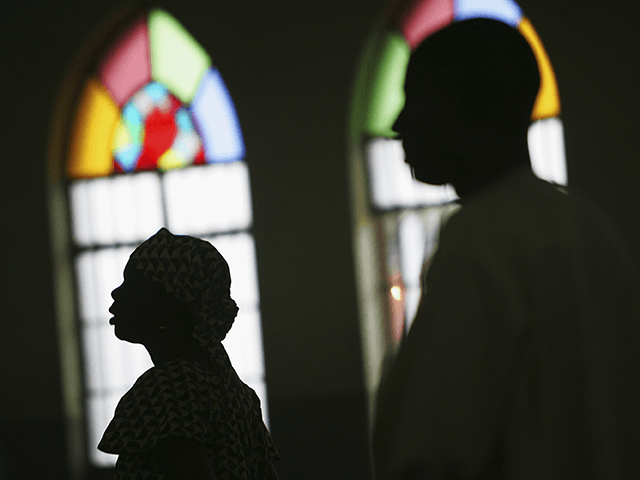Papal biographer George Weigel has warned the “synodal way” undertaken by the German Catholic bishops looks eerily like a second Protestant reformation.
The Catholic Church in Germany has exploited Pope Francis’ call to undertake a listening process called the “Synodal Way,” using the venue of dialogue to propose radical changes to established Church teaching, Weigel notes in a Wall Street Journal op-ed this weekend.
On March 10, the German Synodal Way “approved a series of resolutions that would fundamentally alter the structure of authority in the German church by circumscribing the bishops’ governing power,” writes Weigel, a distinguished senior fellow of the Ethics and Public Policy Center.
The Synodal Way also decided “to rewrite the Catholic Church’s sexual ethic and sacramental practice by authorizing the formal, liturgical blessing of same-sex unions and calling for women to be admitted to holy orders,” Weigel notes.
What is unfolding in Germany is akin to “the 16th-century Lutheran Reformation: apostasy,” Weigel observes, which has led some in Rome to refer to the Synodal Way as the “Suicidal Way.”
As Breitbart News has documented, the German Catholic Church has been in numeric freefall for years, hemorrhaging members like proverbial rats off a sinking ship.
Perhaps in an effort to recover a modicum of relevance, the Germans now seem to think that doubling down on liberalizing measures — rather than abandoning them — must be the answer.
As Pope Francis told Bishop George Bätzing, president of the German Bishops’ Conference, in June 2022, Weigel writes, “Germany already has a Protestant church” and “we don’t need two.”
Apostacy, or the rejection of essential matters of authoritative Church teaching, he asserts, separates people from the body of believers and makes them liable to excommunication.
“That would seem to describe the church of the Synodal Way,” Weigel contends.
In a way, this is nothing new, Weigel argues. The vast German Catholic bureaucracy “has long been a hotbed of ‘Catholic Lite’: a Catholicism that resembles liberal Protestantism in being a pale ecclesiastical simulacrum of the current zeitgeist.”
This situation is different, however, because leaders of the Synodal Way have sought to frame their reforms as “an essential response to the German church’s crisis of clerical sexual abuse” in an attempt to justify the unjustifiable, Weigel writes.
In the end, the question comes down to the enduring value of biblical anthropology and ethics as opposed to a “21st-century gender ideology and the LGBTQ insurgency correct the mistakes made by the Bible and the teaching authority of the church over two millennia.”
The “woke cultural and sexual agenda” of Germany’s Synodal Way is setting up an inevitable clash with the vibrant churches of the developing world that do not buy into Germany’s reinvention of the Catholic Church.
As the world Synod of Bishops meets in Rome this October, “expect drama and irony,” Weigel concludes, as bishops from Catholicism’s future make clear they “see no point in emulating moribund liberal Protestantism.”

COMMENTS
Please let us know if you're having issues with commenting.